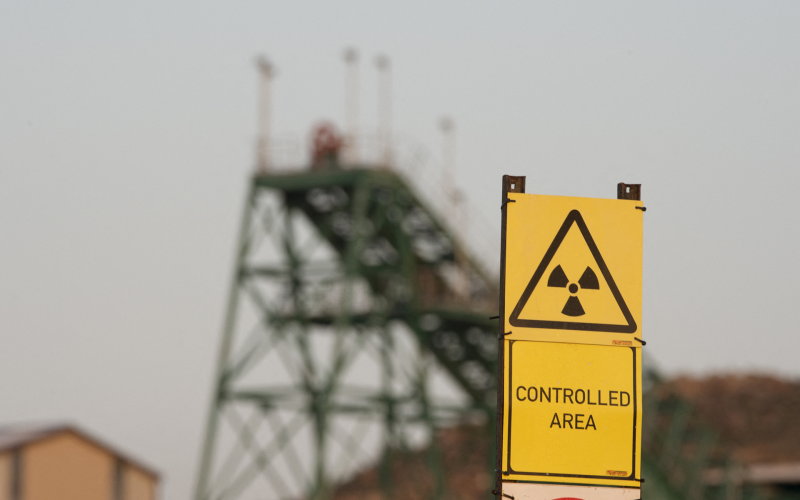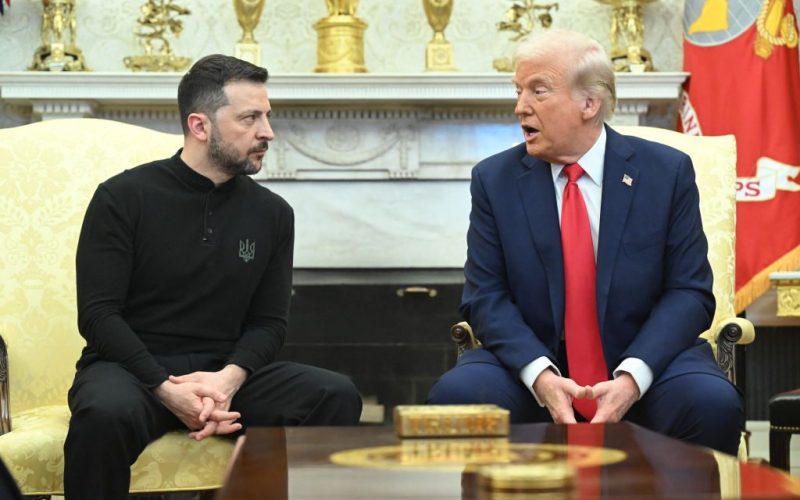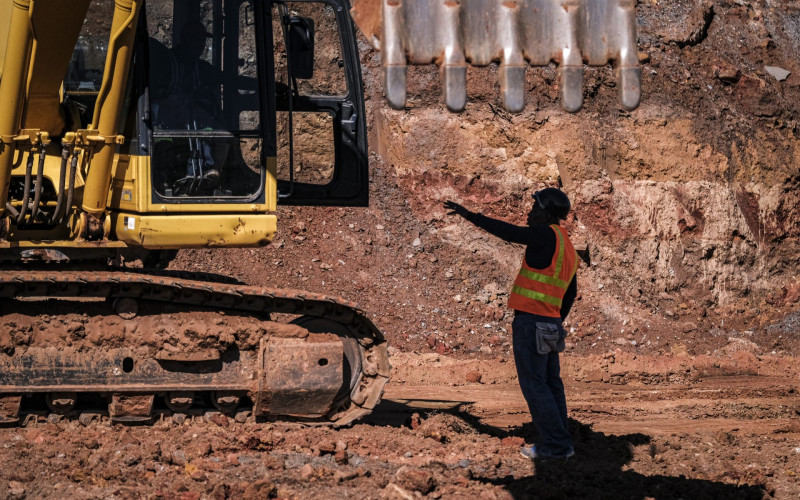A seminar organised by the Antwerp Diamond Academy in Pretoria on 23 October 2013 again brought to the fore many of the thorny questions in the KP reform debate. Critics often point out that the framework’s focus on its original remit of safeguarding the global diamonds supply chain from conflict gems is no longer adequate. Demands have thus grown for the framework to broaden its definition of conflict diamonds to include contexts in which governmental actors – not just rebels – have committed rights abuses, violence and other such acts. Global Witness, an international non-governmental organisation and formerly key supporter of the KP, withdrew from the KP in 2011 when it gave Zimbabwe’s Marange Diamonds fields a clean bill of health.
Other reform ideas include the creation of a KP secretariat to engage with campaigners and coordinate the work of its successive presidencies better. Proposals have also been made for the introduction of a tiered membership system to bind non-diamond-producing countries such as Cameroon and Mozambique – seen as transit states for the unofficial diamond trades from the Central African Republic (CAR) and Zimbabwe – into the KP’s processes.
However, demands for the KP to frontally support governance-enhancing reforms through re-examining its own internal processes and principles have led some KP insiders to argue that it cannot be expected to right all the governance wrongs in the world. Ambassador Welile Nhlapo, the KPCS’s current chair, articulated this view during the recent Antwerp Diamond Academy seminar. Another KP figure, Stephane Fischler, President of the Antwerp World Diamond Centre, similarly remarked that corporate members of the KP are committed to ensuring that they “do no harm”.
Viewed against broader developments in the extractive governance landscape, however, the KP would need to overcome its inertia to embrace reform more proactively and address existential challenges that put its broader relevance in question.
Passive, reactive or proactive?
Maintaining a passive stance in the face of pressing reform needs will likely leave the KP and the diamond industry disconnected from useful ideas on reform. A reactive approach is also sub-optimal, as the consequences of delayed actions in contexts such as the CAR demonstrate. Seleka rebels there were allowed de facto control of illegal diamond mining. Many observers view that experience as contributing to the unworkability of the country’s peace agreement, culminating in the overthrow of former CAR President, Francois Bozize, in March 2013. The country was suspended by the KP only in the aftermath.
A more proactive stance will see the KP engage in more forward-looking, transparent dialogue with community voices in such troubled contexts. In reality, important stakeholders like CSOs have remained at the fringes of the KP’s certification process, intercession meetings and other procedures.
Towards Adaptive Resilience
Two key recognitions are vital to averting the reform cul-de-sac that the KP seems to be falling into. First, expanding its focus beyond the original conflict minerals remit must be seen as a vital next step if it is not to be completely overtaken by extant rapid changes on many levels. The KP’s members must do so to position the framework better in line with the evolving policy thinking, demands from the ground level and also what is inherently in the longer-term self-interests of the initiative’s supporters within the diamond industry. At a minimum, working towards definitional clarity on gems in order to reconcile KP and campaigners’ standards will go a long way.
Second, no extractive regulatory framework can stand still. If the KP is to maintain relevance, it must follow the adaptive reflexes of other initiatives like the Extractive Industries Transparency Initiative (EITI) better to leverage on-going changes in the extractive governance landscape. Perhaps, most instructive for the KP, the EITI’s global summit in Australia this year formalised the recognition that it was important for the EITI to broaden its remit beyond royalties, taxes and other rents that flow from the active production stage. This brought the fiscal and contractual negotiation stages of extractive projects under the EITI coverage, significantly strengthening the outlook for meaningful extractive transparency and effective oversight.
The KP will be significantly strengthened by a similar recognition that few, if any, extractive governance concerns – including sanitising the global diamonds supply chain – can be dealt with in isolation. Far from arguing that the initiative should become a catch-all that seeks to address all forms of mis-governance, the challenge rather is for the KP to examine carefully the EITI’s transformative experience. This could inform steps towards identifying specific issues that are complimentary to the KP’s original focus on conflict diamonds, allowing for the definition of egregious instances of human and environmental rights violations, revenue transparency concerns and other issues that would warrant the KP’s attention. This would make its processes and outcomes more meaningful and credible to broader stakeholders. It should also alleviate much, if not all, of the present criticisms of its governance and development blind spots.
It is also true that pushing far-reaching reform without the agreement of powerful states and corporate members of the KP will be impractical. Yet, the pace of reform needs accelerating to demonstrate a greater situational awareness of the developmental expectations facing the extractive sector as a whole. Otherwise, the KP’s rhetoric of cautious reform risk being perceived as an excuse to defer meaningful action.
Following the meagre reform advances at last June’s KP intercessional meeting of various working groups, expectations are now high for the year-end KP plenary, scheduled for 19 to 22 November 2013 in Johannesburg, to provide clarity and a greater sense of urgency.







